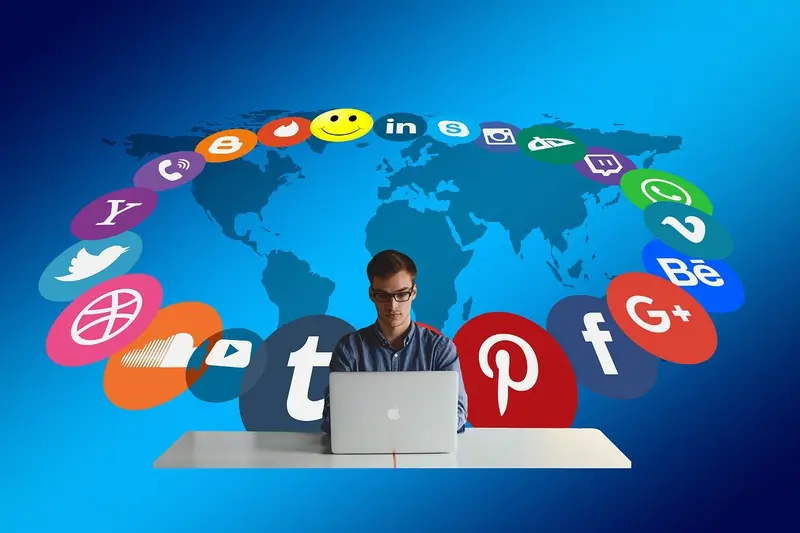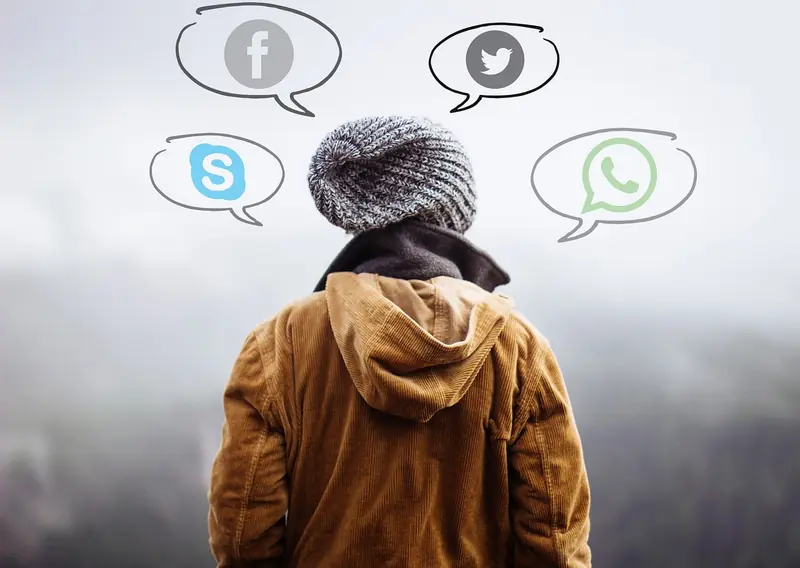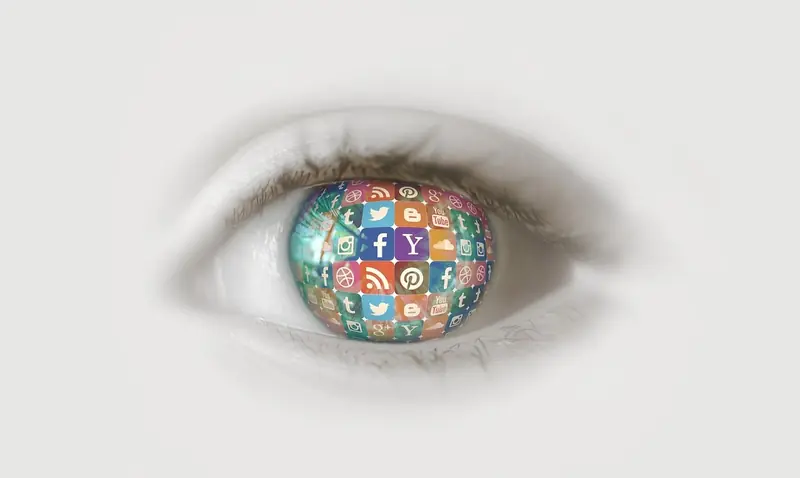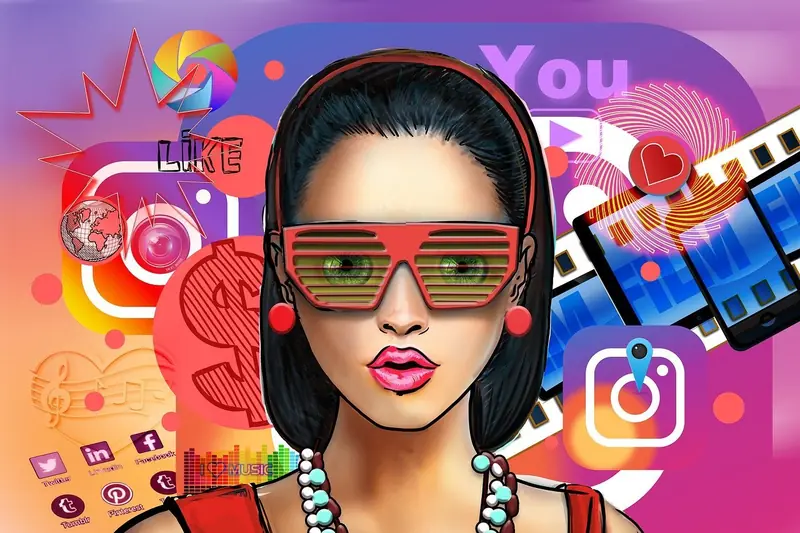
Researchers from Central China Normal University claim that the reluctance to leave reactions on social media posts is linked to a serious mental health disorder. This condition is known as social anxiety (social phobia) – the fear of doing something in front of others that might lead to negative judgment from those around them.
The team of scientists referred to these passive users as “social media voyeurs.” Interestingly, it is precisely due to their social anxiety that they fear unfamiliar situations in their lives.

How the Research Was Conducted
A new study revealed that social media visitors who never like or comment on posts are more likely to suffer from social anxiety than active users who frequently share new content.
As the researchers discovered, active social media users are more likely to rely on social support and have a broader network of friendships.
The research team invited 571 students from the provinces of Shaanxi and Hubei to participate in the study, which took place from May to July 2022. The volunteers completed surveys designed to assess their levels of openness, active and passive social media use, self-esteem, and social anxiety.
To measure active and passive social media use, the researchers employed a specialized questionnaire. This survey aimed to clarify the extent of participants’ engagement with digital platforms. Volunteers answered questions about the number of posts and status updates they published, as well as the frequency of likes and comments, as reported by the Daily Mail.
The scientists explained that active social media use involves behaviors that generate information and enhance communication with other users. In contrast, passive use refers to behaviors where individuals consume information without engaging in communication. In such cases, visits to social media are limited to viewing their home page or browsing through others’ photos.
In the self-esteem section, participants were asked to agree or disagree with statements like “I think I am a smart person.”
The final questionnaire focused on social anxiety and included examples of responses such as “Large groups of people make me anxious” or “I need time to overcome my shyness in new situations.”

What the Scientists Discovered
Those who reported passive social media use were more likely to choose responses characteristic of social phobia.
As the researchers wrote in an article for BMC Psychology, people typically portray themselves in social media as overly positive and exemplary. This leads voyeurs to unconsciously compare themselves to these idealized figures.
The team also concluded that passive social media users generally have lower self-esteem and are more prone to jealousy. This passive approach “can lead to ruminative thinking (repetitive thoughts focused on negativity and regret), which may exacerbate symptoms of social anxiety.”
Passive users lack self-disclosure and communicative interactions, which in turn hinders the establishment and development of quality relationships with others, the scientists believe.
Meanwhile, those who actively engage on digital platforms feel comfortable anticipating feedback from their post readers. “As a result, these individuals more effectively accumulate social capital, satisfy their communication needs, and develop a positive self-perception,” the researchers concluded.

